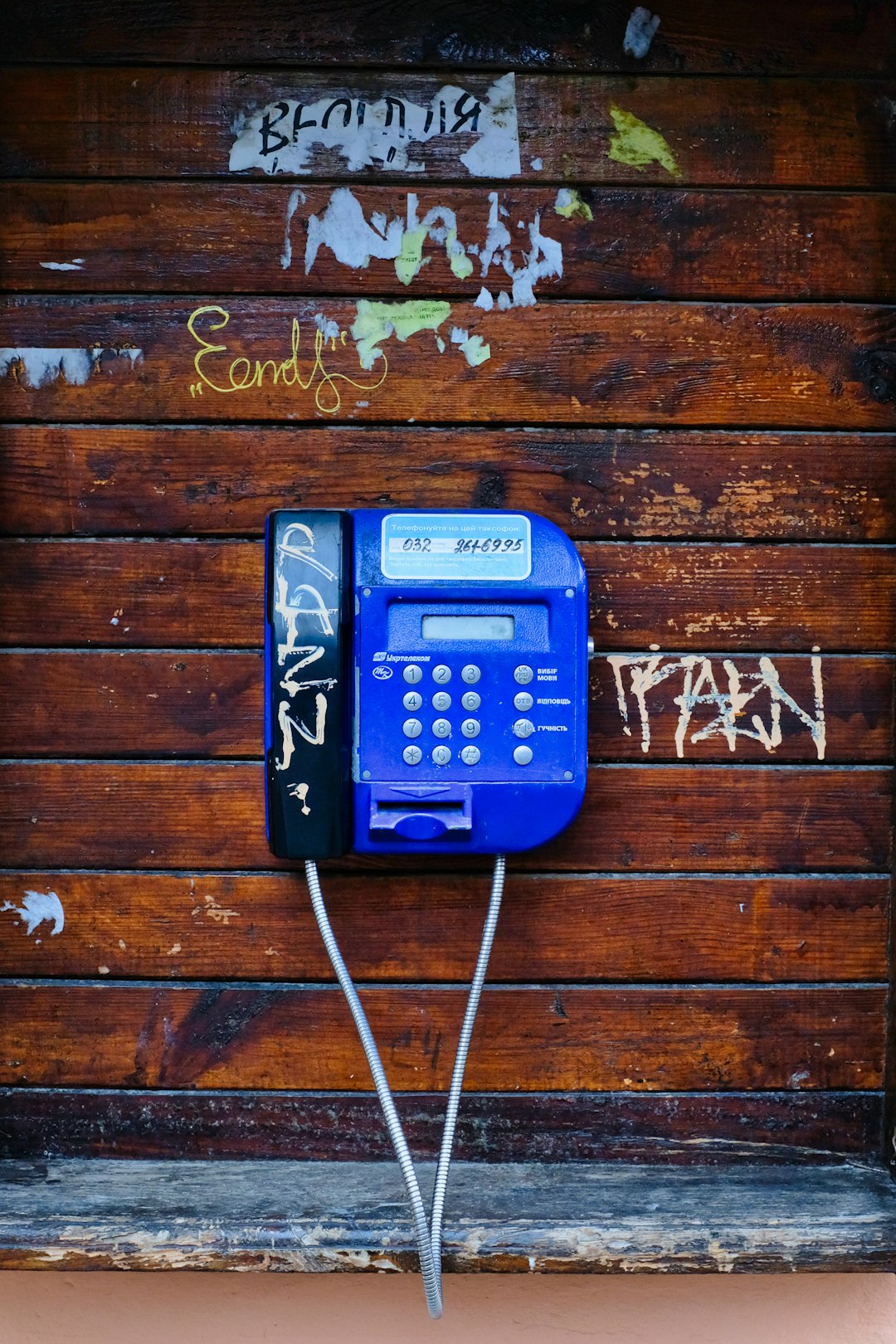Spam text scams are on the rise in Manistee, Michigan, as cybercriminals target residents with deceptive messages via mobile devices. These scammers use bulk messaging and social engineering to impersonate banks, government agencies, and local businesses, requesting sensitive data or promising false prizes. The financial and emotional consequences can be severe, leaving victims vulnerable and anxious. To stay safe, Manistee residents should not respond to unsolicited texts, block senders, report spam, and remember that reputable companies never request sensitive data via text. Local authorities are collaborating with telecoms and educating citizens to combat this growing menace, aiming to strengthen regulations and enhance security in Michigan's digital environment.
Manistee, Michigan residents are increasingly falling victim to sophisticated spam text scams, posing a growing concern for local authorities. This article delves into the rising trend of unwanted text messages targeting area code 231 users with malicious intent. From phishing schemes to fraudulent offers, understanding these common types of spam texts is crucial for protecting yourself and your finances. Learn about the impacts on victims and discover practical strategies to defend against these modern-day scams.
Understanding Spam Text Scams: A Growing Concern in Manistee, Michigan

Spam text scams are an increasingly prevalent issue for residents of Manistee, Michigan, as unwanted and deceptive messages flood their mobile devices. These scams take various forms, from phishing attempts aimed at stealing personal information to promises of free prizes that lead to malicious links. As technology advances, so do the tactics employed by cybercriminals, making it essential for Manistee residents to stay informed and vigilant.
Manistee, like many other communities across Michigan, has become a target for spam text campaigns due to its large and active population. Scammers use bulk messaging services to send out thousands of texts simultaneously, hoping to catch a few unsuspecting users who might fall victim to their schemes. Whether promising fake prizes, claiming to be from legitimate organizations, or offering too-good-to-be-true deals, these spam texts can have serious consequences if residents click on suspicious links or share sensitive data without verification.
Common Types of Spam Texts Targeting Michigan Residents

In the digital age, Manistee, Michigan residents are increasingly encountering a persistent and insidious threat—spam text scams. These unwanted messages take various forms, each designed to exploit vulnerabilities and extract personal information or financial data. Common types include phishing attempts disguised as official communications from banks, government agencies, or even local businesses, urging recipients to click on malicious links or provide sensitive details under the guise of verification or urgent action.
Another prevalent tactic is the use of automated spamming tools that send bulk text messages containing promotional content, often for dubious products or services. These messages may appear as legitimate advertisements but are usually unsolicited and can be particularly annoying. Some scammers also employ social engineering techniques, personalizing their approaches to make the messages seem more credible, targeting individuals with urgent claims or promising rewards in exchange for immediate responses.
The Financial and Emotional Impact on Victims

The financial and emotional toll of spam text scams in Manistee, Michigan, cannot be overstated. Victims often find themselves facing significant monetary losses due to deceptive practices that target their trust and urgency. These scams can range from phishing attempts aimed at stealing personal information and banking details to false promises of free goods or services, all designed to trick recipients into providing sensitive data or making impulsive purchases. The emotional impact is equally profound, leaving individuals feeling vulnerable, anxious, and even embarrassed as they grapple with the consequences of their interactions with these fraudulent schemes.
The aftermath of a spam text scam can be devastating, causing victims to question their own discernment and security in an increasingly digital world. Emotional stress may manifest as worry, anger, or even depression, particularly when financial resources are depleted or personal information falls into the wrong hands. Understanding these impacts is crucial in combating the prevalence of spam text scams in Michigan and raising awareness among residents about the potential pitfalls of unsolicited text messages.
How to Protect Yourself from Spam Text Scams

Staying safe from spam text scams in Manistee, Michigan is achievable with a few simple steps. Firstly, never respond to unsolicited texts, even if they seem to be from a known organization. Scammers often impersonate legitimate businesses to trick you into providing personal information.
To protect yourself, consider blocking the sender immediately. Check your phone settings for options to block numbers. Additionally, report spam texts to your service provider. This helps in identifying and blocking similar future attempts. Always remember, reputable companies won’t ask for sensitive data via text messages.
Local Authorities' Response and Future Prevention Strategies

Local authorities in Manistee, Michigan, have been actively responding to the growing issue of spam text scams affecting residents. In recent months, there has been a notable increase in fraudulent text messages circulating, aimed at deceiving citizens into providing personal and financial information. In response, law enforcement agencies are collaborating with telecom companies to track down the sources of these spam texts, while also raising awareness among the public about how to identify and avoid such scams.
To prevent future incidents, Manistee’s city government plans to implement stricter regulations on telemarketing practices and enhance its communication security measures. They aim to educate residents on the latest phishing techniques and encourage them to report any suspicious messages promptly. By combining these strategies, local authorities hope to mitigate the impact of spam text scams and ensure a safer digital environment for all Michigan residents.






